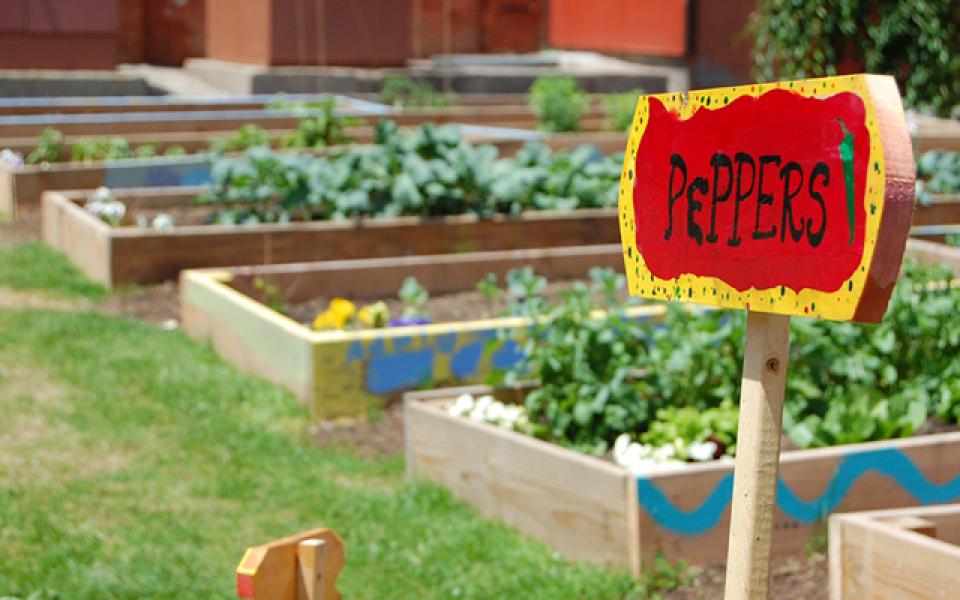The Triad region is notoriously food insecure. A 2016 Food Research and Action Center report based on Gallup data ranked the Greensboro-High Point metropolitan area No.1 in food insecurity nationwide, and Winston-Salem followed at No. 22. Roughly one in five respondents reported inability to put food on the table at least once during the past year; the proportion of Winston-Salem residents living in poverty nearly doubled since 2000.
Disruptive infrastructure like Highway 52, redlining practices and the 2001 and 2008 recessions contributed to a groundswell of food deserts in low-income areas. Many living on the east side of Winston-Salem endure limited diets due to significant distance from farmer’s markets and grocery stores that are wary of building in poverty-stricken areas.
Forsyth Community Gardening ventured to fill that void in response to community outcry for alternative food sources. In 2010, the organization began to support residents interested in creating community gardens and has a track-record for helping them sustain their projects. Anyone can attend free workshops and gain hands-on experience in sustainable horticulture.
Though they focus on practical skills, Forsyth Community Gardening recognizes social cohesion and local organizing as part of the equation for community wellbeing. Those involved can talk through successes and challenges during community potlucks.
Forsyth Community Gardening offers a tool lending program and seed bank as well as access to micro-grants for gardeners in limited-resource communities in efforts to support more equitable outcomes for communities that suffer most.[pullquote]Learn more at forsythcommunitygardening.com[/pullquote]
They understand that access isn’t only about tools, though; access to knowledge is vital. Their website offers a vast collection of online resources tailored to the urban, Triad context. Over the last year, the organization increased the availability of Spanish-language resources and circulated a bilingual newsletter. This spring, the organization piloted an internship for high school students in northeast Winston-Salem that goes as far as equipping them with marketing skills and workshops in cooking and nutrition, leadership, life skills and social justice, according to their site.
Forsyth Community Gardening certainly isn’t the only effort to alleviate food insecurity in the Triad. But considering the depth of the crisis here, we would do well to heed its example.
Join the First Amendment Society, a membership that goes directly to funding TCB‘s newsroom.
We believe that reporting can save the world.
The TCB First Amendment Society recognizes the vital role of a free, unfettered press with a bundling of local experiences designed to build community, and unique engagements with our newsroom that will help you understand, and shape, local journalism’s critical role in uplifting the people in our cities.
All revenue goes directly into the newsroom as reporters’ salaries and freelance commissions.


Leave a Reply